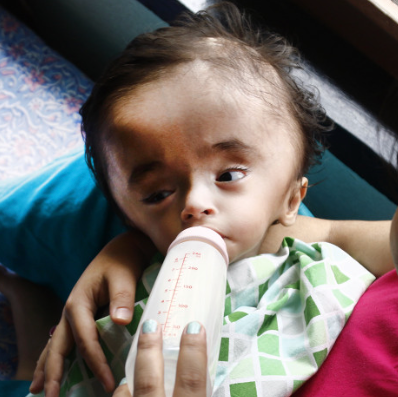Colin James Haller at age 28, ran a successful business that he founded right out of college that would have paid his tuition to medical school. He met the love of his life a few years prior, and the two were planning a wedding as well as adjusting to new living arrangements. Before he could begin medical school, Colin was diagnosed with melanoma, a deadly form of skin cancer. Colin’s cancer went into remission and he was disease free for almost a year. When the melanoma returned, his doctor started him on one of the new immunotherapy drugs. He was informed that the disease would appear to get worse before it got better. Two months later, Colin was hospitalized for shortness of breath. A pulmonary embolism was suspected, but physicians ruled it out. He was moved out of ICU and onto the oncology floor. It was discovered in ICU that he had thrombocytopenia, and it was decided that he would need blood transfusions to correct it. This was Tuesday; he was scheduled for discharge on Thursday. On Wednesday, his attending doctor told him that his blood values were such that he could not continue to give him immunotherapy. Without it, he would die. However, Colin had just completed two weeks of radiation therapy, and a month prior to that 4 weeks of radiation therapy. The doctor suggested that he wait three more days and monitor the blood work to see if the values would improve. He agreed, but stated that he wanted every intervention needed within that three day window. On Wednesday, there was a written order for a thoracentesis to remove water around the lungs. The condition worsened throughout the evening. The doctor in charge of the oncology unit also received a consult from ICU that morning that stated Colin would undergo vital organ damage if he was not transferred there immediately. No one communicated any of this to the patient or the family. No one took any corrective measures to avert the dire outcome of the radiology and ICU warnings. This was a preventable error in communication that would have saved Colin’s life. He died in the early morning hours on Thursday, November 6, 2014.
Share Your Story
If you would like to discuss sharing your story through the Patient Safety Movement, please connect with us.
Other Stories
Other patients and their loved ones share stories, fears, and struggles.







